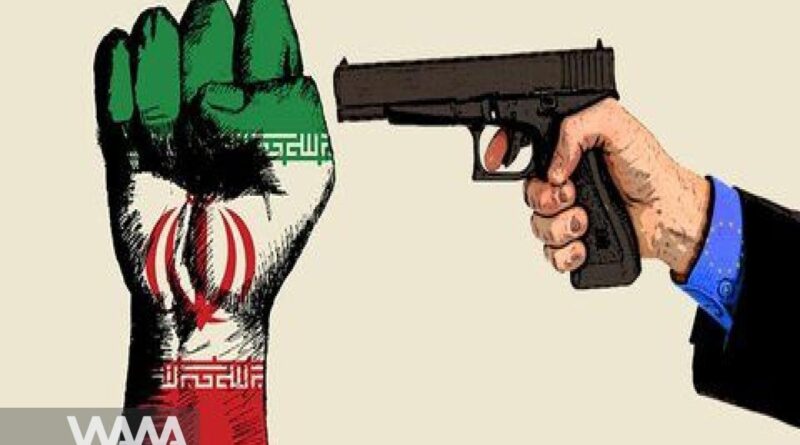European Powers Trigger Sanctions Reinstatement on Iran
In a significant move on Thursday, France, Germany, and the United Kingdom activated a provision to restore United Nations sanctions on Iran due to its perceived failure to adhere to its obligations regarding its nuclear programme. A letter submitted to the UN Security Council by these three nations expressed their belief that Iran’s non-compliance to the 2015 nuclear agreement was substantial.
The respective foreign ministers of these countries employed a process known as the ‘snapback’ mechanism. This approach sets in motion a 30-day period for the re-imposition of sanctions that were previously lifted ten years ago.
This action follows a little more than two months after a conflict lasting 12 days between Israel and Iran. Israel proclaimed the objective of this conflict was to diminish Iran’s nuclear and ballistic capabilities.
Noteworthy is the fact that all of this takes place as the deadline for activating the snapback mechanism approaches on October 18. For a span of twenty years, Western powers have harbored suspicions that Iran is secretly trying to build a nuclear weapon, camouflaging it as an atomic energy programme. Such allegations have been consistently and vigorously refuted by Iran.
Iran has issued prior cautions stating that their cooperation with the United Nations nuclear watchdog will be compromised if the snapback mechanism were to be initiated. With a united voice, the diplomats from France, U.K., and Germany stated that Iran’s non-adherence to the 2015 nuclear pact can neither be doubted nor does it seem unintentional.
Furthermore, they highlighted that there was no plausible legal excuse for Iran’s considerably large stockpile of highly enriched uranium. They insisted that Iran’s nuclear programme continues to be a serious risk to international peace and security.
Despite their firm stance on the matter, a spokesperson emphasized that this action should not be perceived as an end to diplomatic efforts. It was flagged that there is a 30-day space in which negotiations could unfold and an appeal for dialogue with Iran was expressed.
The prior nuclear agreement, formulated in 2015, was designed with the intention of resolving the impasse regarding Iran’s nuclear activity. But the resilience of this agreement underwent a significant stress test when accusations of Iran’s non-compliance started to magnify.
Adding to the strain, the accord was dealt a severe blow when the U.S. President decided to withdraw from it. The consequence has been a substantial rift between the nations involved and Iran, which is now the subject of renewed sanctions.
Taking into account these dynamic factors, the situation continues to evolve, but the anxiety over Iran’s objectives remains unabated. The international community is keenly observing, hoping that dialogue can facilitate a resolution and ease the existing tensions.
The aforementioned snapback mechanism, although straightforward in theory, sets up a more complex practical situation. It aims to reestablish pre-agreed sanctions, but in doing so, it further complicates the diplomatic landscape and stakes for all parties involved.
As of now, the focus is on the month-long window for discussions aiming at addressing the issue of Iran’s perceived non-compliance. The willingness to engage in a dialogue signifies that the diplomatic avenues are still being explored, despite the escalating tensions.
The root conflicts and disagreements trace back to Iran’s nuclear programme, its intentions, and its weathering deceptions. It is this foundational issue that continues to undermine trust and collaboration between Iran and other nations.
The fact that French, German, and British diplomats have emphasized the severity of the situation signifies the magnitude of concerns among member nations. Yet, the overriding sentiment is that diplomatic solutions should not be disregarded, given the potential alternative consequences.
The ongoing scenario reflects the complexities of international diplomacy, especially when it involves sensitive and potentially dangerous issues such as nuclear capabilities. The developments in the ensuing month will provide a clearer direction about which path the situation will most likely take.
In conclusion, the action taken by France, Britain, and Germany indicates a considerable milestone in the ongoing situation with Iran. However, it is hoped that diplomacy will prevail, resulting in a peaceful solution that addresses global concerns around Iran’s nuclear programme effectively.

